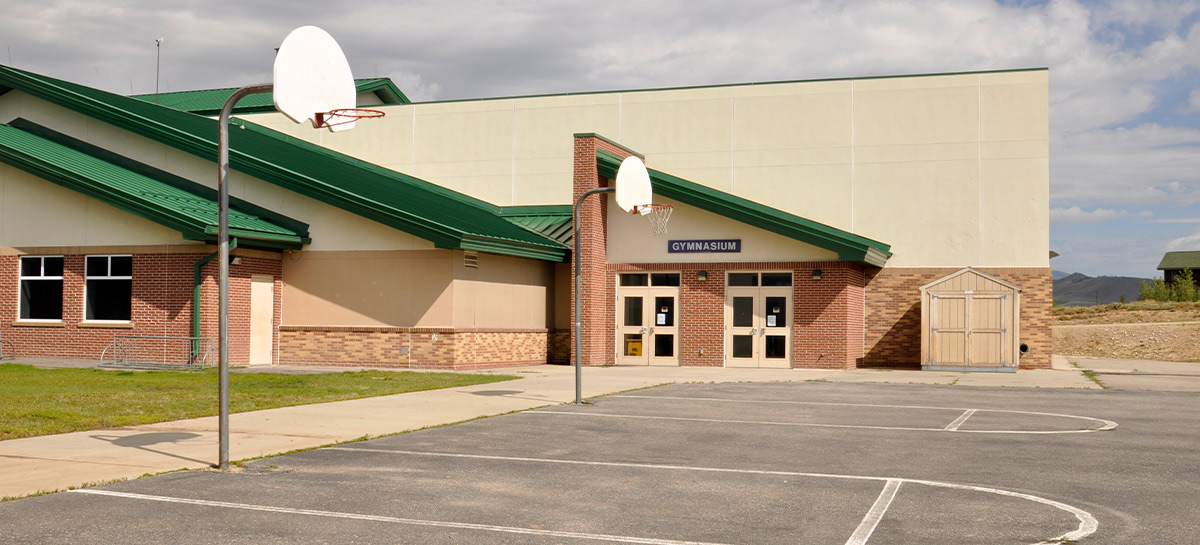In an interesting turn of events, because both Gov. Gavin Newsom and Lt. Gov. Eleni Kounalakis were out of the state at the time AB 247 was passed, acting-Gubernatorial duties fell to Senate President Pro Tem Mike McGuire (D–Healdsburg) who is third in the line of succession. As a result, it was Sen. McGuire who signed AB 247, which effectively places the bond on the ballot.
If passed by voters, the $10 billion will be split between TK-12 public education and community colleges. Of that, $8.5 billion will be available for TK-12 public education and $1.5 billion for community colleges. The main elements of the K-12 public school portion will be split into the following programs and amounts:
- New construction: $3.3 billion
- Modernization: $4 billion, $115 million of which will be set aside for testing water for lead and remediation efforts
- Career technical education: $600 million
- Charter schools: $600 million
- Establishing a process to help provide small school districts with technical assistance.
- Providing a prioritization for small school districts that have a low bonding capacity and high percentages of youth in foster care, homeless youth and English learners.
- Setting aside 10 percent of the new construction ($330 million) and modernization ($400 million) grant funding for small school districts.
This continued advocacy for small school districts includes CSBA-sponsored AB 2831, authored by Assemblymember Joshua Hoover (R–Folsom), which would help small school districts meet the needs of their students, staff and boards of education by establishing an Office of Small School District Facilities and Construction within the California Department of Education. The bill would also require CDE, upon request of a small school district, to provide assistance in the evaluation and utilization of existing school facilities and the justification of the needs of school sites, new facilities and the rehabilitation or replacement of existing facilities, in accordance with board regulations.

Four supplemental grants included
- Minimum essential facilities: Permitting eligible districts to receive one supplemental grant for a school kitchen, gymnasium, multipurpose room or library if either the existing facility is insufficient, or the school does not have such a facility.
- Transitional kindergarten (TK): For the first time, a statewide school bond allows eligible school districts a supplemental grant if existing TK facilities are insufficient or they do not have an existing facility to serve TK students.
- Extreme heat/energy efficiency: Permits a supplemental grant of up to 5 percent for new construction or modernization projects to enable a school district to respond to and address the impacts of higher temperatures on school facilities.
- Career technical education: Permits a supplemental grant of up to 5 percent for new construction or modernization projects to help provide instruction for “high-demand technical careers.”
The agreement includes a number of elements to address accountability and transparency. These include requiring school districts to hold a public hearing and adopt a five-year facilities master plan, which includes providing an inventory of facilities to the state and posting project and audit information to their websites.